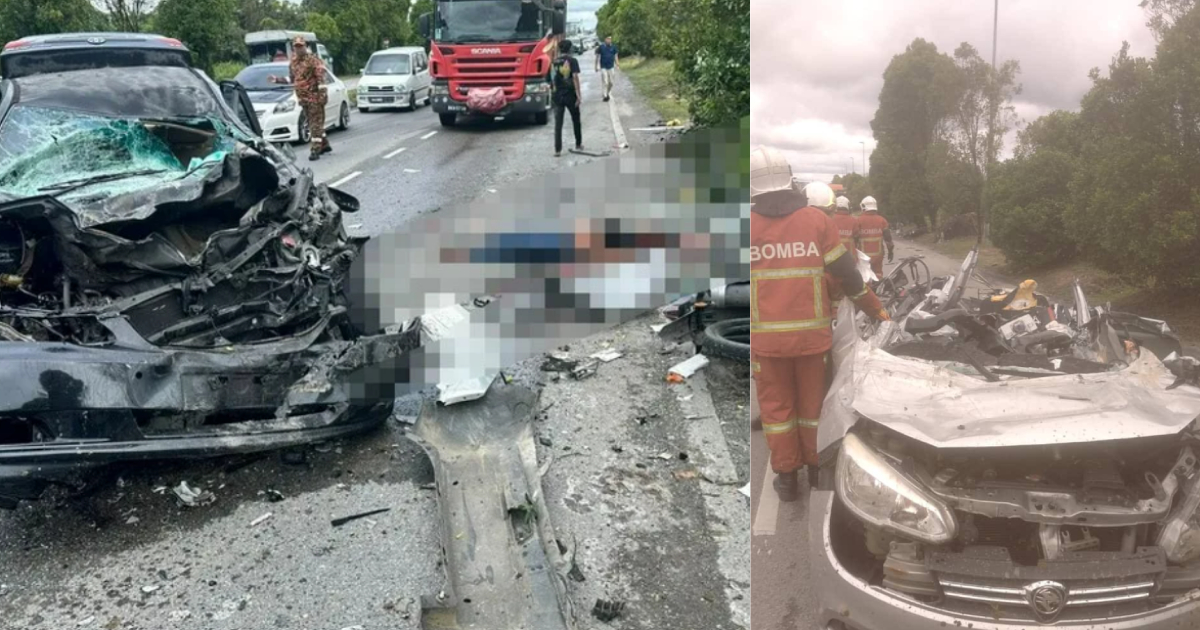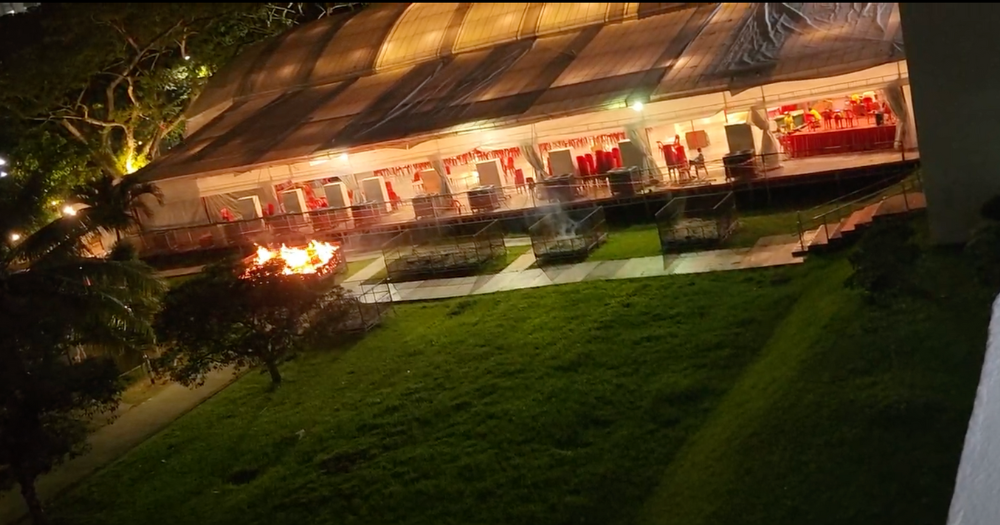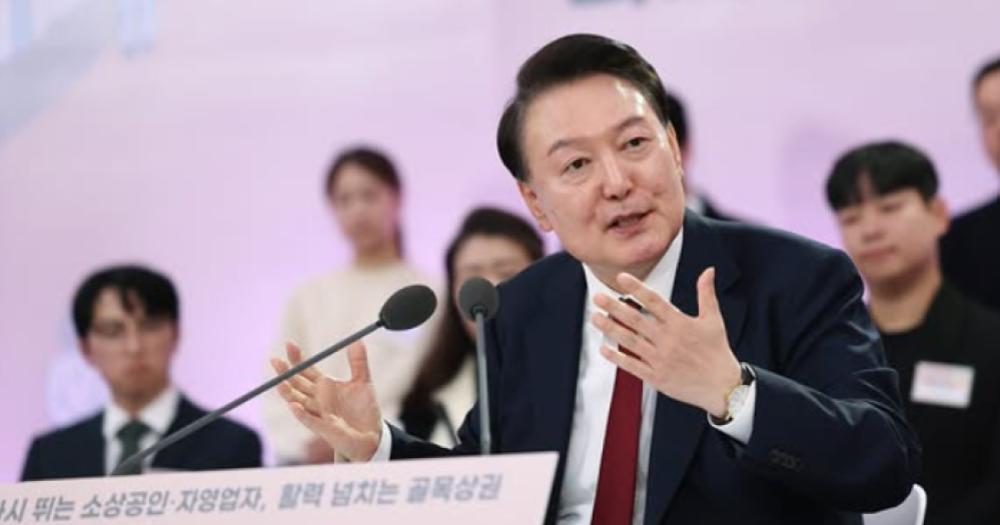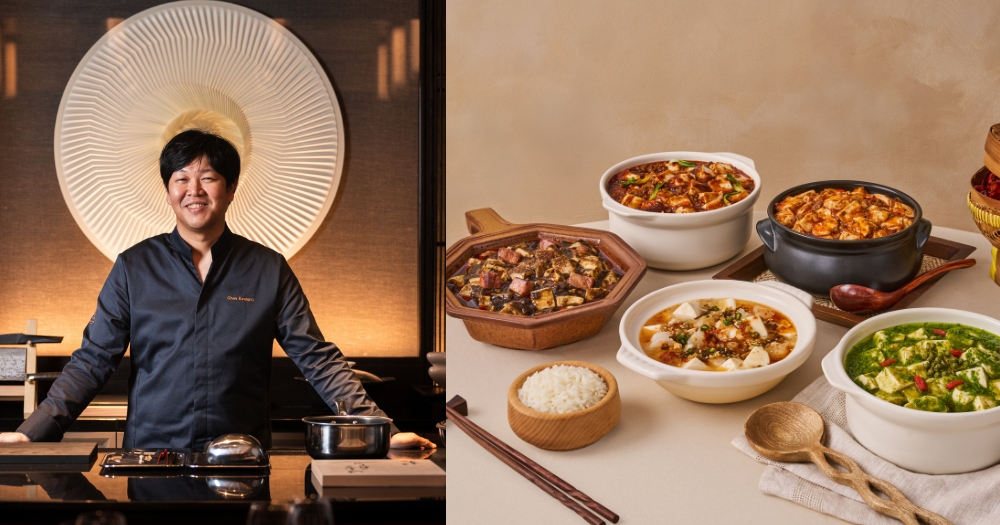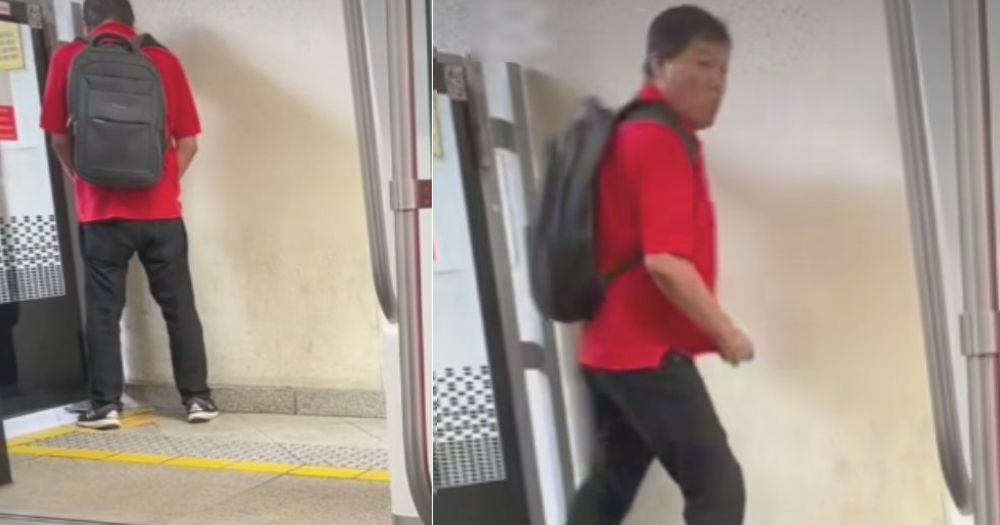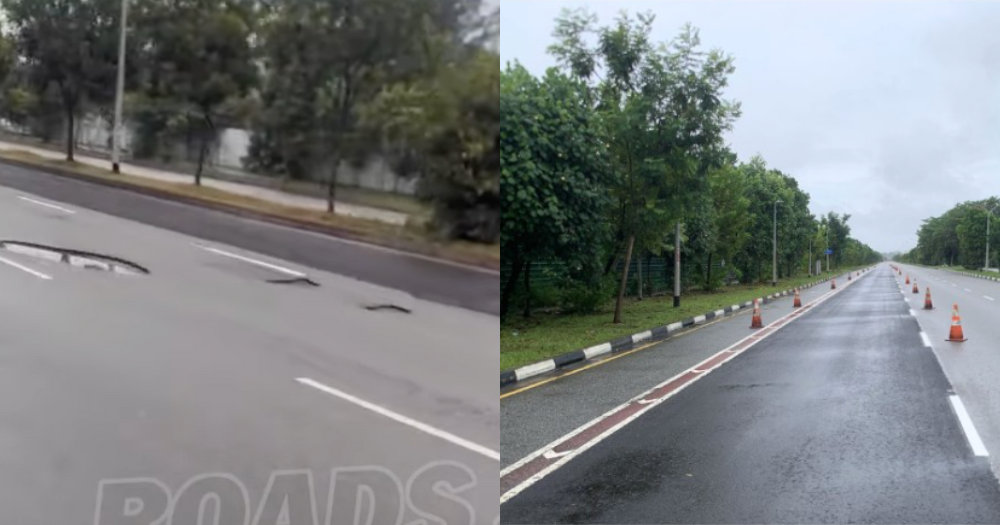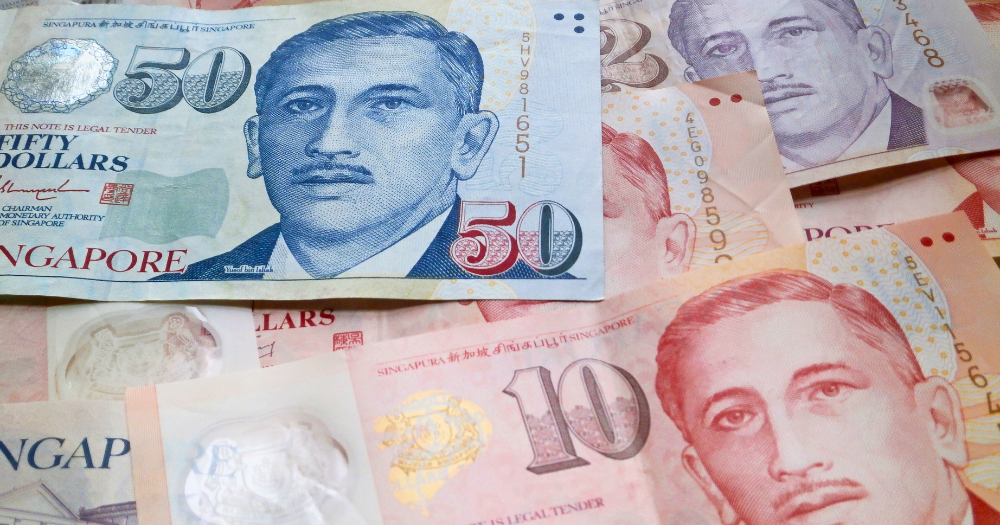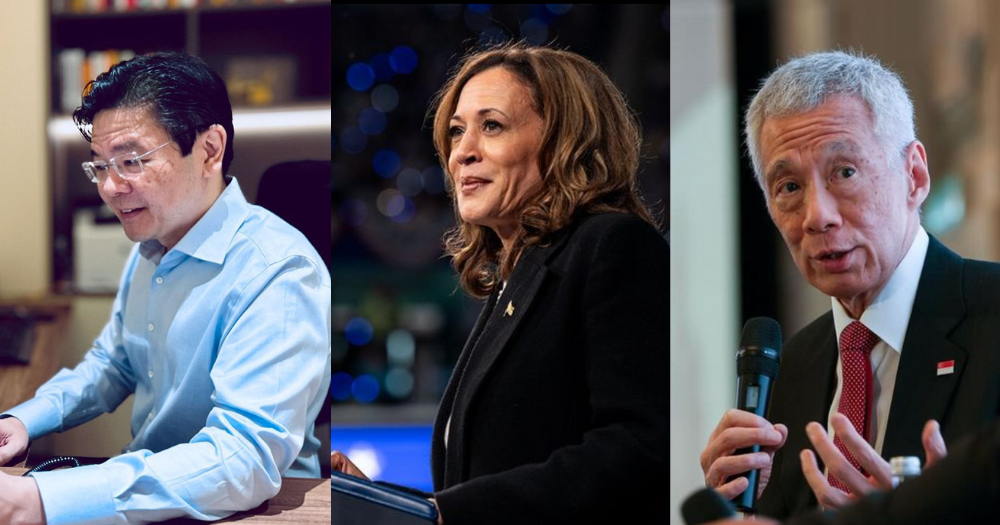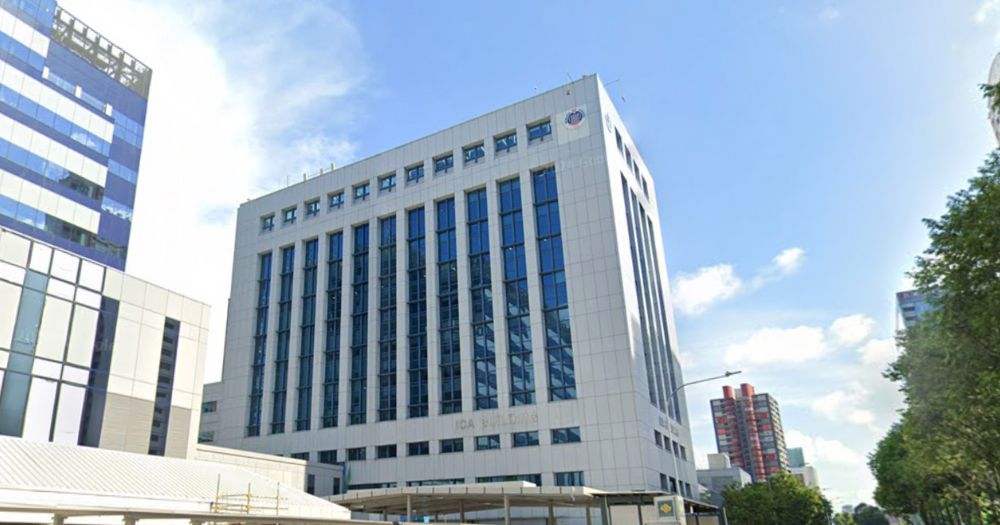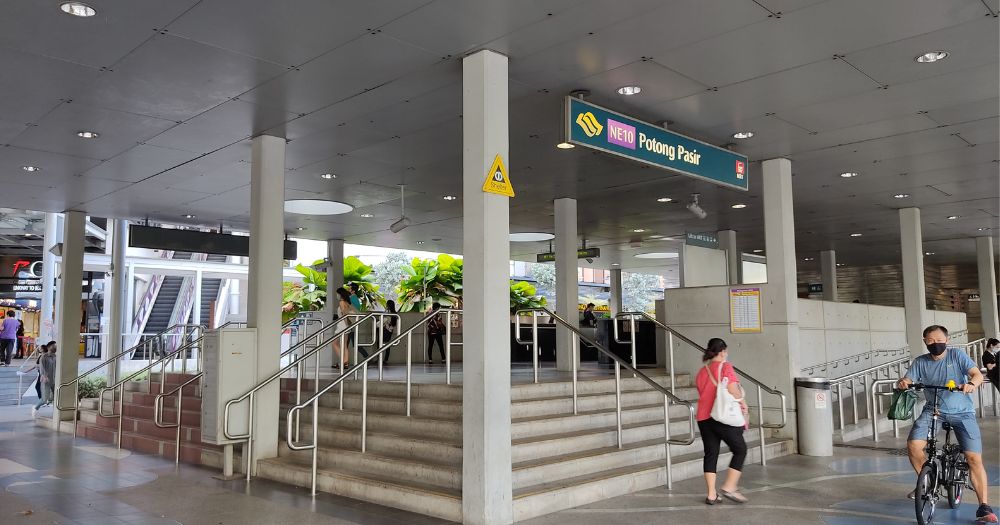Myanmar, M'sia, & the Asean Chair: How to approach an intractable crisis
Malaysia is the 2025 Asean Chair, and will now grapple with the thorny question of Myanmar's crisis.
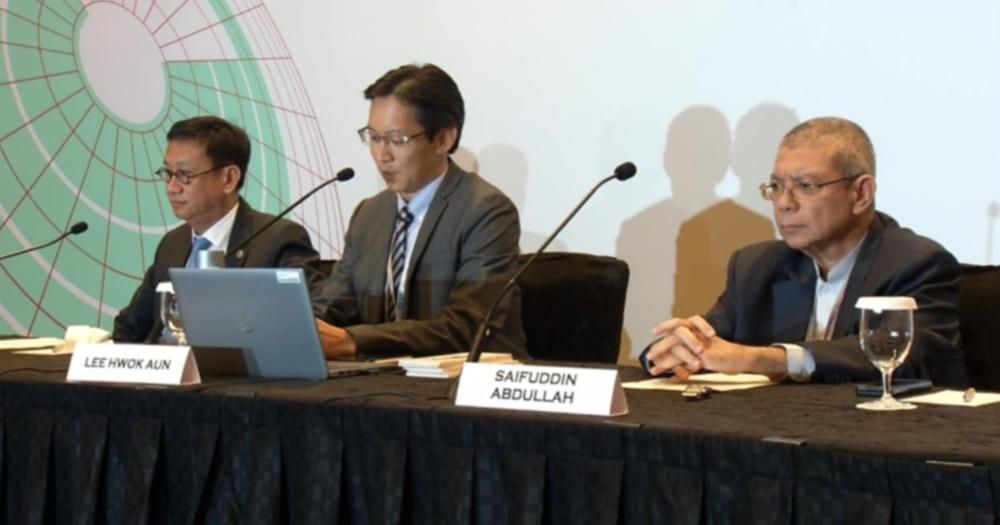
The Jan. 9 ISEAS-Yusof Ishak Regional Outlook Forum’s panel on Anwar Ibrahim’s Madani government delved deeply into aspects of his domestic agenda and challenges, but also at length about certain foreign policy.
In particular, the panelists spoke at length about hopes and expectations for Malaysia's turn as the 2025 Asean Chair, and how it would approach the thorny subject of Myanmar and its ongoing rebellion.
Experienced heads
The panel consisted of two sitting Malaysian members of parliament from different sides of the political divide.
Saifuddin Abdullah was the Malaysian foreign minister from 2021 to 2022, the first year of the Myanmar crisis.
Wong Chen is a government backbencher and chair of Malaysia's Parliamentary Special Select Committee on International Relations and Trade.
In this capacity, both are uniquely placed to form opinions on Malaysia’s motivations, capabilities, and obligations in the ongoing crisis.
Troika
Wong Chen spoke first, and said the Pakatan Harapan government of Anwar Ibrahim, the 2025 Asean Chair, was very interested in “finding a solution for the Myanmar civil war”.
He referenced the Troika mechanism, which was in place to attempt to find a solution to the crisis.
This Asean invention involved the former, current, and future Asean chairs coming together to develop a long-term Asean's common approach to Myanmar.
Wong, who is from the Democratic Action Party (DAP), noted that the next iteration of the Troika would consist of Malaysia, Singapore, and the Philippines:
“All three countries are democratic, and they are not neighbours with Myanmar, so there’s no local politics involved.”
Wong was referencing the difficulty faced by the countries that are immediate neighbours of Myanmar: Thailand and Laos.
Laos was the 2024 Asean Chair, and as such is a current member of the Troika.
Myanmar’s neighbours have different concerns compared to the rest of Asean, due to the strain that they are encountering regarding such a close conflict, and due to the influx of refugees that the fighting caused.
Federal democracies
Wong opined that Malaysia, Singapore, and the Philippines were not direct neighbors, so they did not have the same kind of pressures on them and were able to take a “more holistic” view of the crisis.
He also said that as the three were democratic countries, it was an opportunity to help guide a potentially post-conflict Myanmar to a more federal democratic system.
Malaysia is also a federal democracy, where the individual states have a substantial amount of power to run themselves as they see fit, although that power is not absolute.
This is a particularly pertinent point for Myanmar as it was, even decades before the 2021 coup that unseated the popularly elected National League for Democracy, consisting of several distinct ethnic groups.
These groups have regularly called for, and at times even fought for, more autonomy from Myanmar’s central government.
In the most recent conflict, the Myanmar military government forces were not contesting a single unified rebellion but were facing the forces of several ethnic armies.
But unique from previous decades, the ethnic armies were actively coordinating with one another and even had volunteers from the majority Bamar community.
Politics at the water's edge
Saifudin had a somewhat less optimistic view.
He alluded to comments he had previously made, where he said that Asean’s Five Point Consensus (5PC) had failed.
During the panel, he acknowledged the statement, but said he would demure in order to be polite, but insisted that much needed to be done in order to fully restore it.
The critique of the 5PC is particularly telling coming from him, as he would have been Malaysia’s foreign minister at the time of implementation in April 2021, and instrumental in developing the mechanism.
The 5PC calls for the end of the use of violence, as well as the freeing of political prisoners, including the NLD’s leader Aung San Siu Ki.
The 5PC was also developed with the input of Myanmar’s military government, but they abandoned it soon after it was adopted, and has not given any indication of returning to it soon.
The best Asean Chair ever
Saifuddin, who throughout the panel had been very negative towards Anwar’s government’s achievements, goals, and even its prospects, was far more mellow on this topic.
He said:
“Anwar has the opportunity to help Asean change the understanding and narrative on what is actually happening in Myanmar.”
The reality on the ground was that “the people are winning and the junta is losing”.
Saiffudin called instead for Asean members to understand that, and for their position to be one of “non-indifference”, instead of its long-held policy of "non-interference".
Anwar, he suggested, should be the first Asian chair to engage with the National Unity Government (NUG), Myanmar’s resistance government, comprising members of the ousted but democratically-elected government, as well as the National Unity Consultative Council, an advisory body to the NUG, aimed at building a federally democratic Myanmar.
He also encouraged Anwar, and Asean as a whole, to be more creative and "aggressive" in engaging with the Myanmar crisis.
If Anwar were able to do that, he would be “one of the best, if not the best, Asean chairs”.
Special envoy
Present in the audience was Noeleen Heyzer, the former United Nations Special Envoy to Myanmar, who spent much of the period between 2021 and 2023, attempting to find a solution in Myanmar.
Heyzer was the highest-ranked Singaporean in the United Nations, rising to the position of Under-Secretary-General, and an experienced hand in peacekeeping efforts.
Her question was more of a statement, but a well-regarded one nonetheless, as she was probably one of the most knowledgeable people on the Myanmar crisis outside of Myanmar itself.
Heyzer noted that there were currently 59 countries in the world that were affected by conflict, and of those, Myanmar, was probably the third-most worse off.
Aid under fire
She acknowledged that calling for an end or reduction of violence in Myanmar was probably too broad a call, but said there were other parts of the 5PC whose implementation could be meaningfully improved upon, such as the provision of aid to civilians affected by the fighting.
Asean has been active in sending aid to various parts of Myanmar, a task that is not without its fair share of danger.
Reuters reported that an Asean aid convoy that consisted of Indonesian and Singaporean diplomats came under fire in May 2023.
She also asked, although it was more like a challenge, what Malaysia could do to ensure that the military government stopped its destruction of civilian infrastructure.
She also reminded those present that as Saifuddin had alluded to, 60 per cent of the country was now under the control of the various ethnic armies.
A peace plan now required more than engaging the NUG and NUCC, but would also need to engage with the various armies in order to better coordinate the delivery of aid throughout the areas they controlled.
Her final question asked how Malaysia could foster more inclusive engagement in a place where all sides insisted that they were pursuing a “Federal Democratic Union”, but everybody meant different things.
Setting the agenda
Wong Chen, in his reply, reflected on some other audience questions, such as why Anwar had chosen to tap on experienced members of the Asean community, such as former Singaporean foreign minister George Yeo, but particularly, former Thai PM Thaksin Shinawatra.
Wong said that Thailand, being a large and prosperous neighbour to Myanmar, was very influential with the junta.
Thaksin, as a former PM and father of the current PM, Paetongtarn Shinawatra, suggested that Thaksin was known to be a significant advisor to the PM.
Wong attempted to address Heyzer’s question, saying that his belief was that the war would take at least two years to resolve.
But if Malaysia was proactive, it could set the agenda for those two years, and influence the outcome positively.
A "moderator's dream"
It cannot be understated how keenly felt the Myanmar issue was for both panel and audience.
As the panel moderator himself noted, the Q&A session was a “moderator’s dream", as there were "so many questions”.
This was unsurprising, as any session focusing on Malaysian politics was understandably of interest in a Singaporean conference hall.
But for well over half of the questions to be directly related to Malaysia’s Myanmar and Asean Chair policy spoke to the strength of feeling on the crisis, and the hope that Malaysia taking the helm would lead to some level of change in the situation.
However, it should be noted that while both were relatively in tune with Malaysia's foreign policy beurecrecy, neither were part of the policy-making establishment and their comments would have to be taken sepertely from government policy.
Related stories
Top image via ISEAS, from left: DAP MP for Subang Wong Chen, ISEAS Senior Fellow Lee Hwok Aun, Bersatu MP for Indera Mahkota Saifuddin Abdullah
MORE STORIES









